Filter by
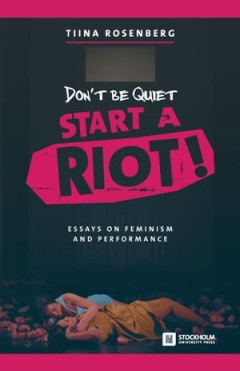
Don’t Be Quiet, Start a Riot! Essays on Feminism and Performance
This collection of essays investigates elements of the human voice and performance, and their implications for gender and sexuality. The chapters address affect, pleasure, and memory in the enjoyment of musical and theatrical performance. Rosenberg also examines contemporary feminist performance, anti-racist interventions, activist aesthetics, and political agency especially with regard to femi…
- Edition
- -
- ISBN/ISSN
- 9789176350232
- Collation
- -
- Series Title
- -
- Call Number
- 792 TII d
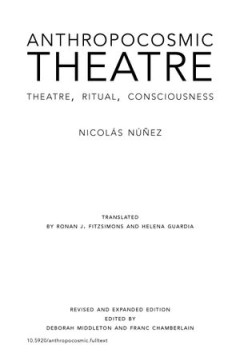
Anthropocosmic Theatre:
This new edition of Núñez’s Anthropocosmic Theatre contains the text of the original English translation plus additional contributions from Núñez and others. In part one, Núñez traces his researches in Nahuatlan, Tibetan and western theatre, to arrive at his design for a theatre of the human in the cosmos. Part Two explores how this work has developed, during the last three decades, int…
- Edition
- -
- ISBN/ISSN
- 9781862181601
- Collation
- -
- Series Title
- -
- Call Number
- 792 NUN a
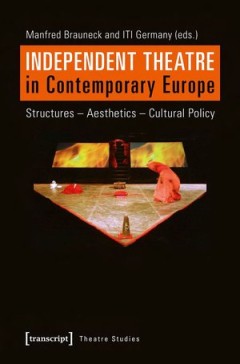
Independent Theatre in Contemporary Europe: Structures Aesthetics Cultural Po…
Over the past 20 years European theatre underwent fundamental changes in terms of aesthetic focus, institutional structure and in its position in society. The impetus for these changes was provided by a new generation in the independent theatre scene. This book brings together studies on the state of independent theatre in different European countries, focusing on the fields of dance and perfor…
- Edition
- -
- ISBN/ISSN
- 9783837632439
- Collation
- -
- Series Title
- -
- Call Number
- 792 IND i
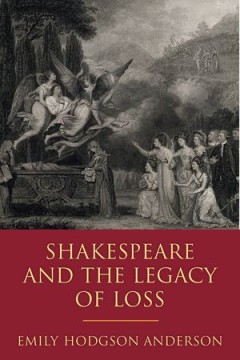
Shakespeare and the Legacy of Loss
How do we recapture, or hold on to, the live performances we most love, and the talented artists and performers we most revere? Shakespeare and the Legacy of Loss tells the story of how 18th-century actors, novelists, and artists, key among them David Garrick, struggled with these questions through their reenactments of Shakespearean plays. For these artists, the resurgence of Shakespeare, a pl…
- Edition
- -
- ISBN/ISSN
- 9780472130931
- Collation
- -
- Series Title
- -
- Call Number
- 792 EMI s
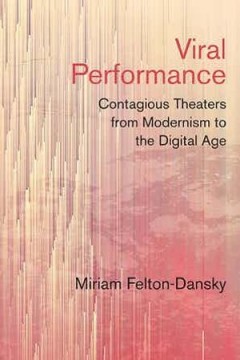
Viral Performance: Contagious Theaters from Modernism to the Digital Age
This volume proposes the viral as a means of understanding socially engaged and transmedial performance practices since the mid-20th century. It rethinks the Living Theatre’s Artaudian revolution via the lens of affect theory, brings attention to General Idea’s media-savvy performances of the 70s, explores Franco and Eva Mattes and Critical Art Ensemble, and surveys the dramaturgies and pol…
- Edition
- -
- ISBN/ISSN
- 9780810137165
- Collation
- -
- Series Title
- -
- Call Number
- 792 DAN v
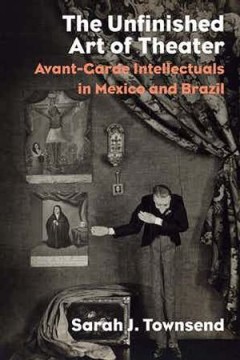
The Unfinished Art of Theater: Avant-Garde Intellectuals in Mexico and Brazil
The avant-garde posits the possibility of total rupture with the past. This book pulls back on this futuristic impulse by showing how theater became a key site for artists on the edge of capitalism to reconfigure the role of the aesthetic between 1917 and 1934. The book argues that this “unfinished art”—because of its weakness as a representative institution in Mexico and Brazil, where th…
- Edition
- -
- ISBN/ISSN
- 9780810137417
- Collation
- -
- Series Title
- -
- Call Number
- 792 TOW u
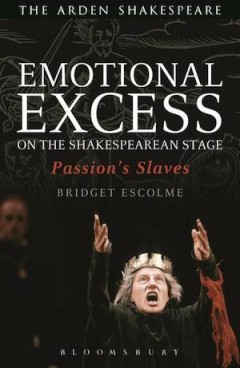
Emotional Excess on the Shakespearean Stage: Passion's Slaves
Emotional Excess on the Shakespearean Stage demonstrates the links made between excess of emotion and madness in the early modern period. It argues that the ways in which today's popular and theatrical cultures judge how much is too much can distort our understanding of early modern drama and theatre. It argues that permitting the excesses of the early modern drama onto the contemporary stage m…
- Edition
- -
- ISBN/ISSN
- 9781408179680
- Collation
- -
- Series Title
- -
- Call Number
- 792 ESC e
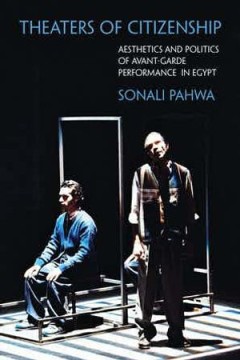
Theaters of Citizenship: Aesthetics and Politics of Avant-Gardist Performance…
Theaters of Citizenship investigates the Egyptian movement for free theater, arguing that it evolved from an avant-gardist movement to an undercommons of revolutionary cultural practice. Using historiography, ethnography, and performance analysis, the book tells a story of this avant-garde from 2004-2014, analyzing its staging of rights claims, generational identity politics, and post-revolutio…
- Edition
- -
- ISBN/ISSN
- 9780810141766
- Collation
- -
- Series Title
- -
- Call Number
- 792 PAH t
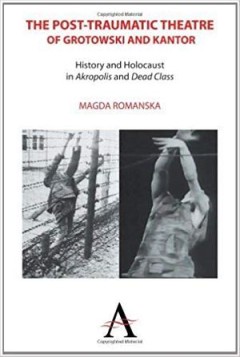
The Post-traumatic Theatre of Grotowski and Kantor: History and Holocaust in …
Despite its international influence, Polish theatre remains a mystery to many Westerners. This volume attempts to fill in current gaps in English-language scholarship by offering a historical and critical analysis of two of the most influential works of Polish theatre: Jerzy Grotowski’s ‘Akropolis’ and Tadeusz Kantor’s ‘Dead Class’. By examining each director’s representation of A…
- Edition
- -
- ISBN/ISSN
- 9780857285164
- Collation
- -
- Series Title
- -
- Call Number
- 792
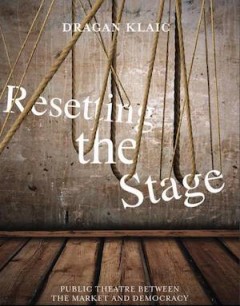
Resetting the Stage: Public Theatre Between the Market and Democracy
Commercial theatre is thriving across Europe and the UK, while public theatre has suffered under changing patterns of cultural consumption—as well as sharp reductions in government subsidies for the arts. At a time when the rationale behind these subsidies is being widely reexamined, it has never been more important for public theatre to demonstrate its continued merit. In Resetting th…
- Edition
- -
- ISBN/ISSN
- 9781783200481
- Collation
- -
- Series Title
- -
- Call Number
- 792 KLA r
 Computer Science, Information & General Works
Computer Science, Information & General Works  Philosophy & Psychology
Philosophy & Psychology  Religion
Religion  Social Sciences
Social Sciences  Language
Language  Pure Science
Pure Science  Applied Sciences
Applied Sciences  Art & Recreation
Art & Recreation  Literature
Literature  History & Geography
History & Geography